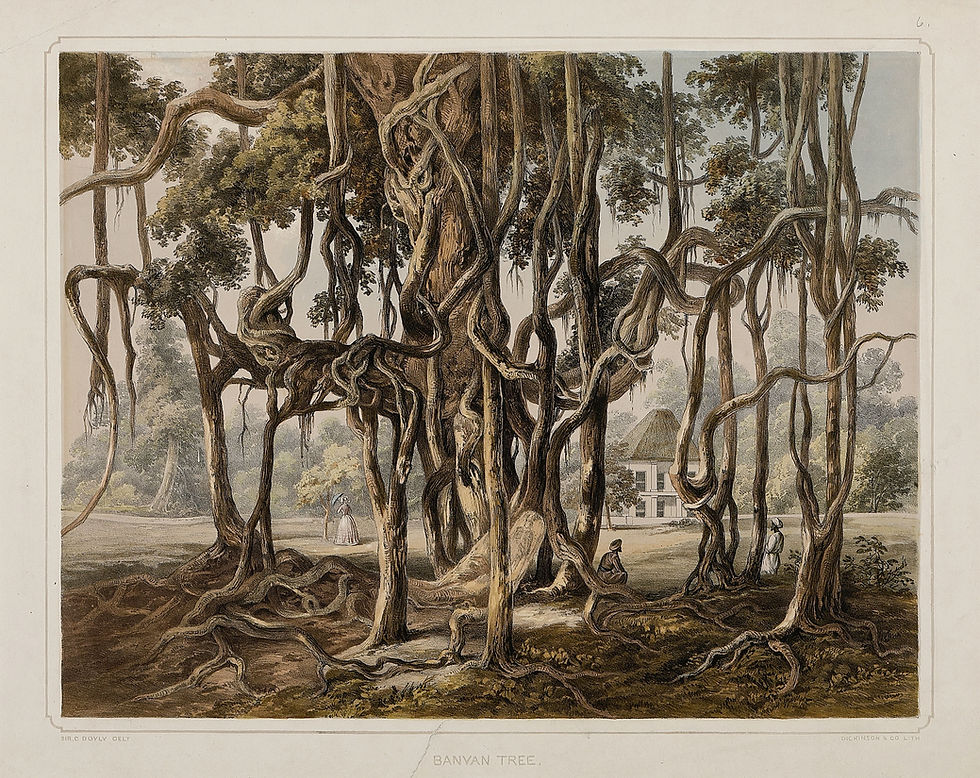You Are A River
- Paul Weinfield
- Aug 13
- 2 min read
I’ve only ever had one post go “viral”. It was a simple piece about humility that, for some reason, spread like wildfire online. Soon it appeared everywhere without my name, credited instead to Leonard Cohen, David Whyte, and even the Dalai Lama. At first, I tried to correct these mistakes, but it quickly became a losing battle.
For someone who once dreamed of being a famous musician, the experience taught me an important lesson: fame is the opposite of being truly seen. My post wasn’t so widely known, but it was known enough to lose any trace of “me.”
Like a child’s game of “telephone”, the more we’re passed around, the less we retain our original meaning. This isn’t just a digital-age problem. It’s a problem built into the self, which is constantly shifting, breaking, and inviting misunderstanding.
As Ajaan Chah would say: “you” are a river. Just as you never step in the same stream twice, the meaning of your life keeps changing. One blessing in this is you don’t have to take praise or criticism so personally. It will all change in a moment.
Our need to be seen and understood is real. But who exactly do we want others to see? Too often, we project stock images — the Hero, the Caregiver, the Victim — and demand that others see us as these characters. But you can’t push the river, and you can’t force happiness from a fixed sense of self.
The Buddha taught that peace comes from seeing our moods, beliefs, and identities as not-self (anatta). This perspective deepens connection too. Imagine what’s possible if, as a parent, you release expectations of your child; as an artist, you step beyond your “brand”; or as a friend, you embrace how your friends change. This kind of letting go isn’t about becoming invisible or alone. It’s the opposite: seeing and being seen in the fullness of all our shifting currents.




Comments